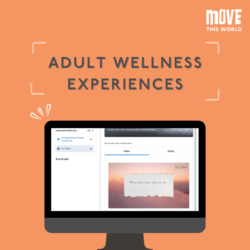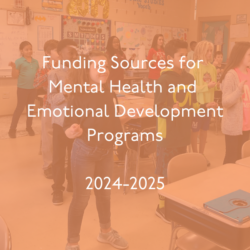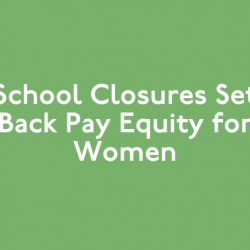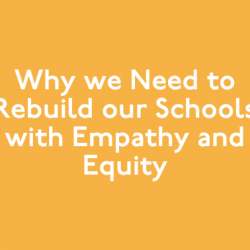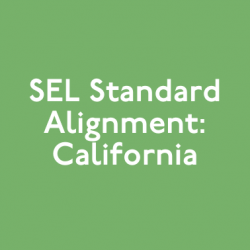Although it’s necessary in an educator’s career, professional development can leave a sour taste in teachers (and administrators) mouths. PD is often seen as a waste of time. Sometimes it’s boring, too long, does not adequately address teacher’s needs, or simply takes teachers away from their many other responsibilities, such as: lesson planning, grading, parent communication and after school clubs. It’s easy for professional development to get a bad rap – but that may not be the case for long. Today we’re taking a look at the Every Student Succeeds Act’s (ESSA) approach to professional development.
ESSA uses six characteristics to define what high quality professional development should be, and what Title II A funds define it as: activities that are “sustained (not stand-alone, 1-day, or short term workshops), intensive, collaborative, job-embedded, data-driven, and classroom-focused.” This definition is more inclusive than the No Child Left Behind Act (NCLB), allowing for a wider variety of options for professional development. Additionally, to receive those Title IIA funds, professional development must be personalized and evidence-based. This is in line with ESSA’s prioritization of evidence-based programming for both students and educators.
The updated definition in ESSA indicates policymakers’ hope to change professional development from one-off workshops to regular, consistent training. While one-day seminars and conferences have been the norm for years, lawmakers are acknowledging that they don’t work as a standalone.
ESSA also provides funding for principal professional development, which tends to be forgotten by districts and state educational agencies. Principals can also increase effectiveness and grow as a leader if they are exposed to consistent professional development programs. There are various funding opportunities in ESSA which allow states and districts to rethink how they support principals in their roles.
With anywhere from 40-50% of teachers leaving the profession within their first five years, having rich and diverse professional development opportunities is incredibly important for both educators and the students they teach.
Sign up for Move This World’s newsletter to stay up to date on social emotional learning.
Enter your email below!



